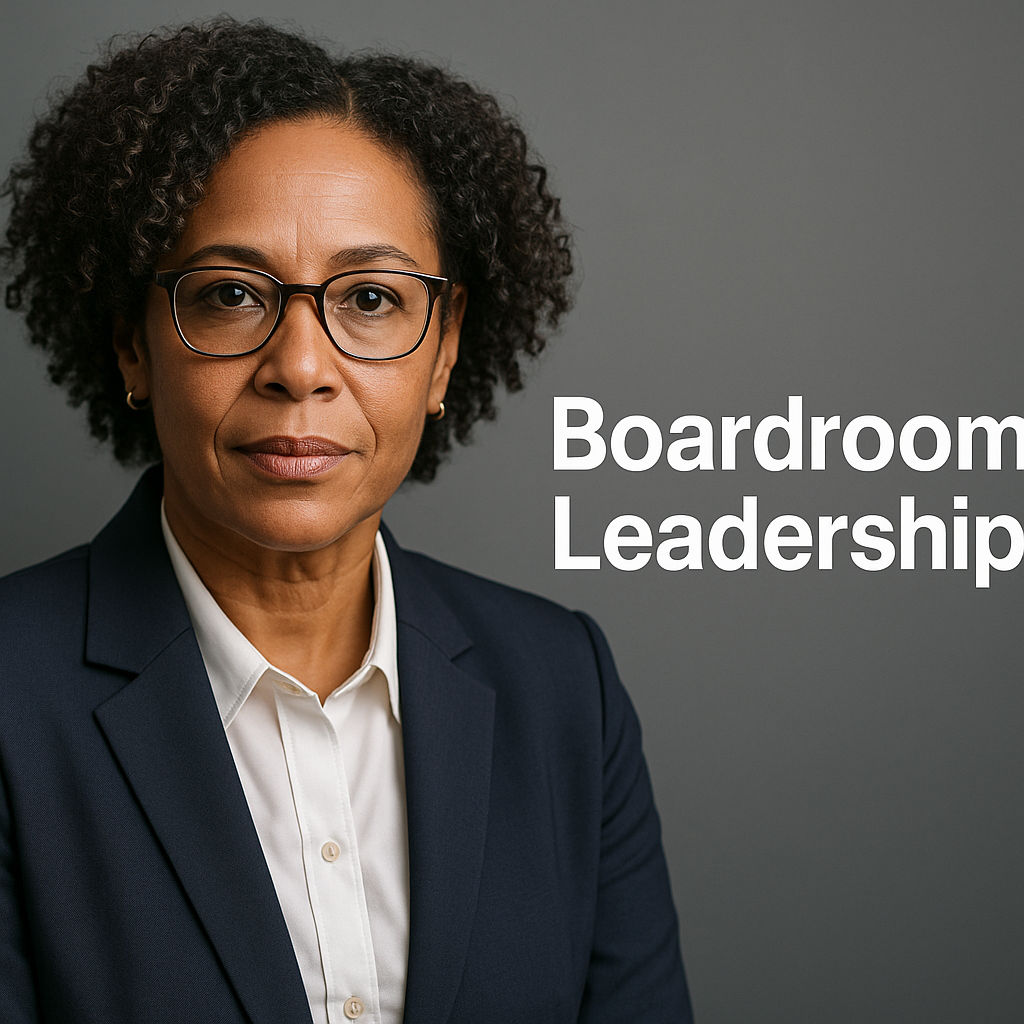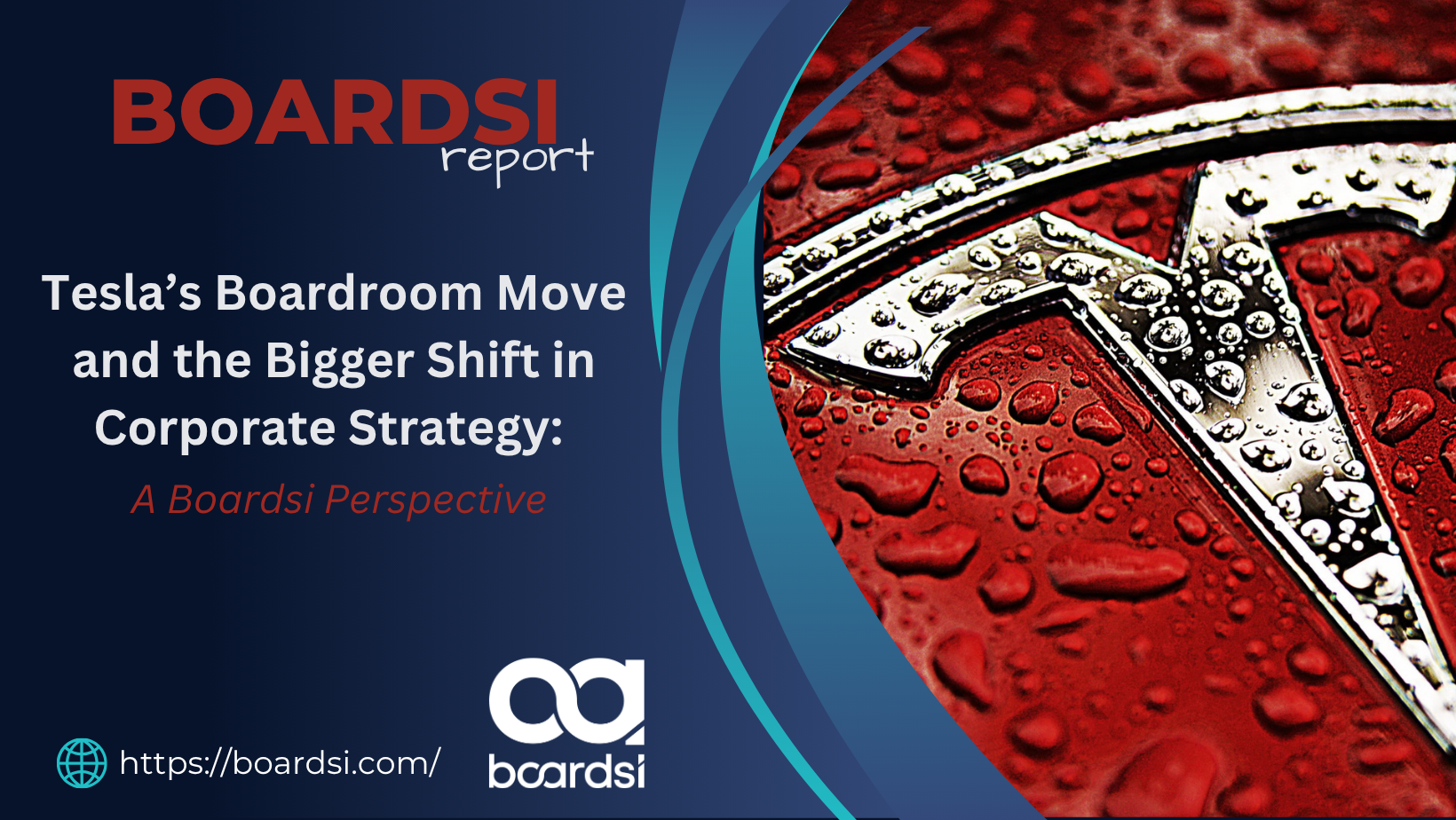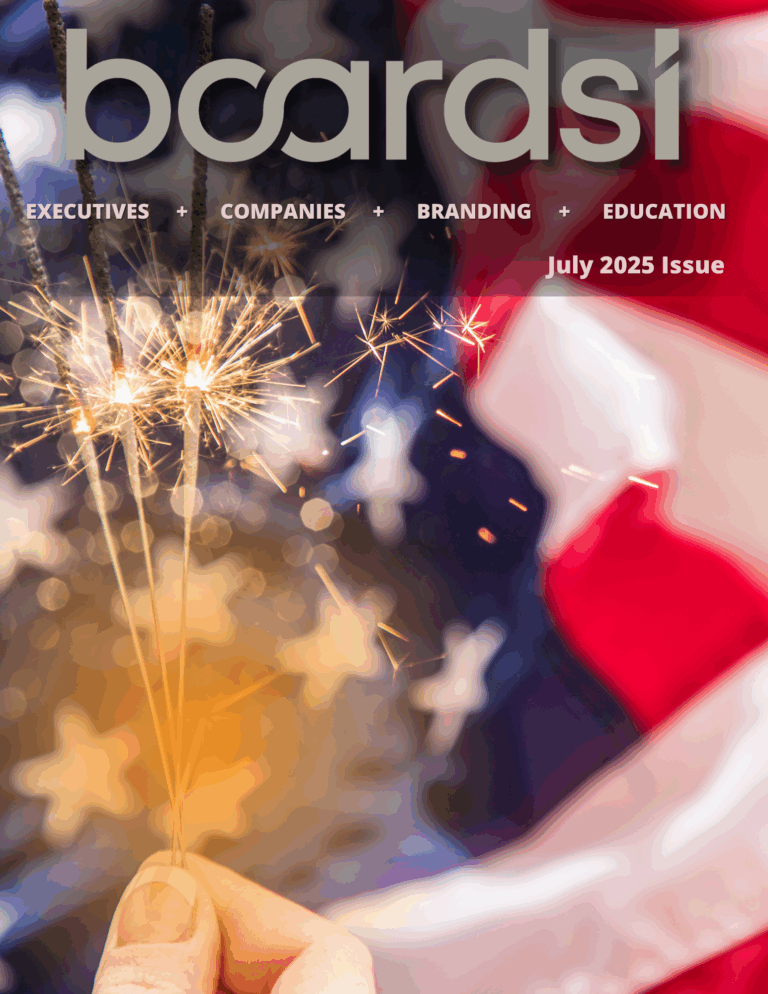In the highest levels of leadership, where boardrooms shape the direction of entire industries, the most vital currency is trust. It’s not built through titles or technical fluency—it’s cultivated through authenticity, consistency, and courage.
Yet many leaders still arrive at the table wrapped in armor, believing they must appear infallible to be respected. This belief stifles true collaboration. In today’s rapidly changing landscape, boards don’t need flawless executives—they need real human beings who bring both wisdom and humility. Those who are open to challenge, willing to admit what they don’t know, and capable of engaging with empathy create far more value than those who simply aim to impress.
Vulnerability in this context doesn’t mean being emotionally unguarded or overly personal. It means being willing to say what needs to be said, even if it’s uncomfortable. It means calling out risks that others might overlook, and inviting dialogue rather than dominating it. It’s about showing up with integrity, clarity, and the courage to confront ambiguity without retreating into ego or silence.
High-trust boards tend to operate under a set of unspoken disciplines. Members respect boundaries and roles while staying constructively engaged. They show up prepared, follow through, and take ownership when things fall short. Confidentiality is sacred, and conversations are approached with generosity and curiosity, not judgment or defensiveness.
These patterns, practiced over time, create an environment where trust can thrive. When broken—through side conversations, power plays, or withholding concerns—progress is quietly stalled.
Boards that intentionally build trust outperform those that don’t. They navigate complexity faster, innovate more boldly, and retain leadership talent longer. This isn’t “soft” leadership—it’s smart strategy.
At the center of this dynamic is the courage to lead with presence rather than performance. The willingness to contribute with honesty instead of polish. And the discipline to turn conflict into connection, not competition.
Boardroom effectiveness is not measured by how many answers directors bring to the table—but by how effectively they ask the right questions, invite diverse perspectives, and move forward together.
Trust, in this light, becomes more than a value. It becomes an engine for impact.
#BoardroomLeadership, #TrustInLeadership, #Vulnerability, #ExecutivePresence, #LeadershipDevelopment, #CorporateGovernance, #StrategicLeadership, #EmotionalIntelligence, #BoardEffectiveness, #BreneBrownInspired









